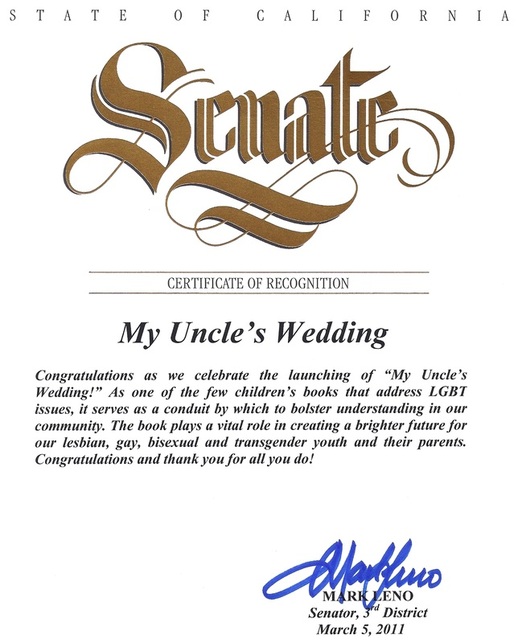About the book:
There’s so much to do now that Uncle Mike and Steve are getting married. Follow Andy on this enjoyable journey as he talks about his uncle's wedding, how it affects him, and the things he gets to do in preparation for the ceremony. You’ll laugh and smile as you read this adorable story about marriage and family.
|
|
|


